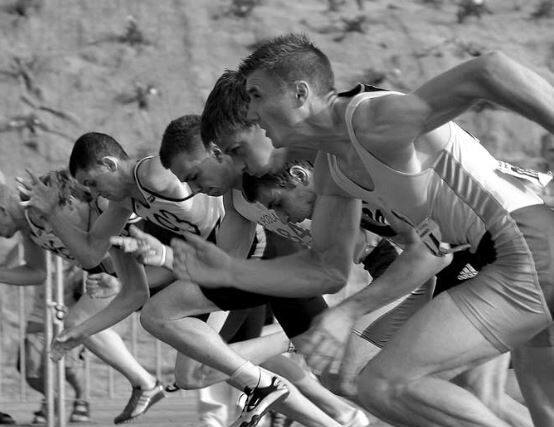Athletes must not dope. No one wants to lose to their opponents who cheat to win. Also, doping not only results in health issues but can take the athlete down a path of cheating in other parts of their life.
Doping means taking drugs to improve one’s performance and chances of winning. According to a 2016 article by Medical News Today, drugs can improve awareness, help you overcome exhaustion, work more intensely, improve muscle power, recover faster and cover the pain. These effects can give you the edge over your opponent, especially in more extended period sports, because you won’t get as exhausted as your opponent.
But doping poses a health risk to the person taking the drugs. Some risks are blood clots, heart attack, stroke, hepatitis B and C, rashes, hives, high blood pressure, and heart disease. Some of these health risks are long-term, and you don’t want to stop doing what you love just because you were doping to win.
Some might say that sports doping is like using makeup in beauty contests. It is different because people use makeup in everyday life, but athletes don’t dope whenever they work out or play sports. They dope to win.
Everybody wants to win in whatever they do. But cheating to win isn’t good for the spirit of sports. Additionally, it isn’t good for how one could end up later in life. For example, in the last winter Olympics, Kamila Valieva was predicted to win all of her figure skating events. Then she tested positive for an illegal substance, and the penalty was that she couldn’t win any medals. If Athletes dope for a competition, they will also want to cheat for other things in life, taking them down an immoral path in life.
Athletes should just try and win things fairly and not dope and cheat. It is not worth risking health, morality, and getting banned from the sport. Also, if they win fairly, it will feel make them all feel so much better!
![]()
- Tanner Ochsner
- United States
